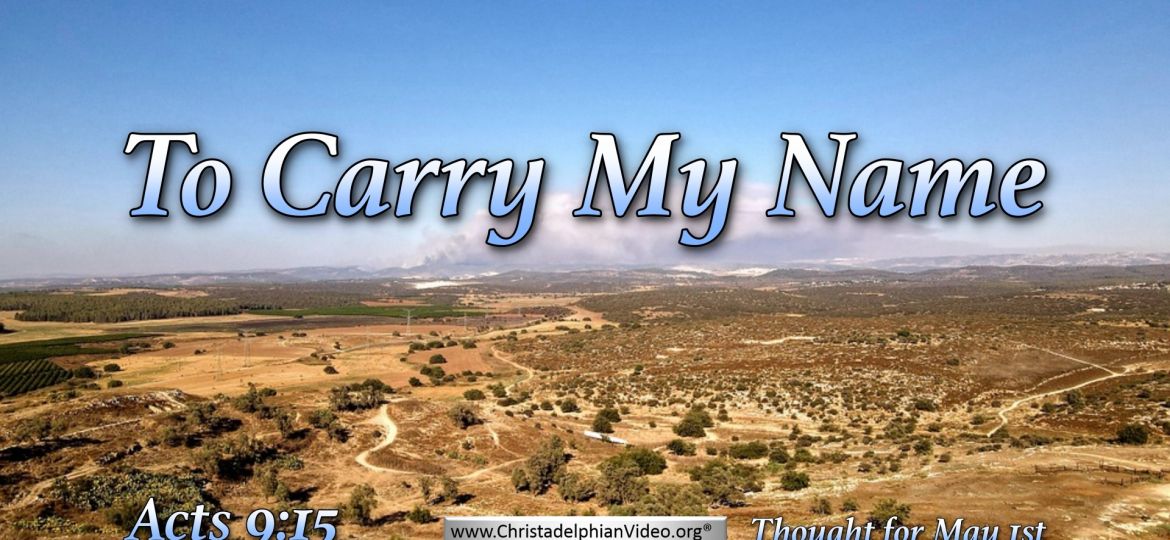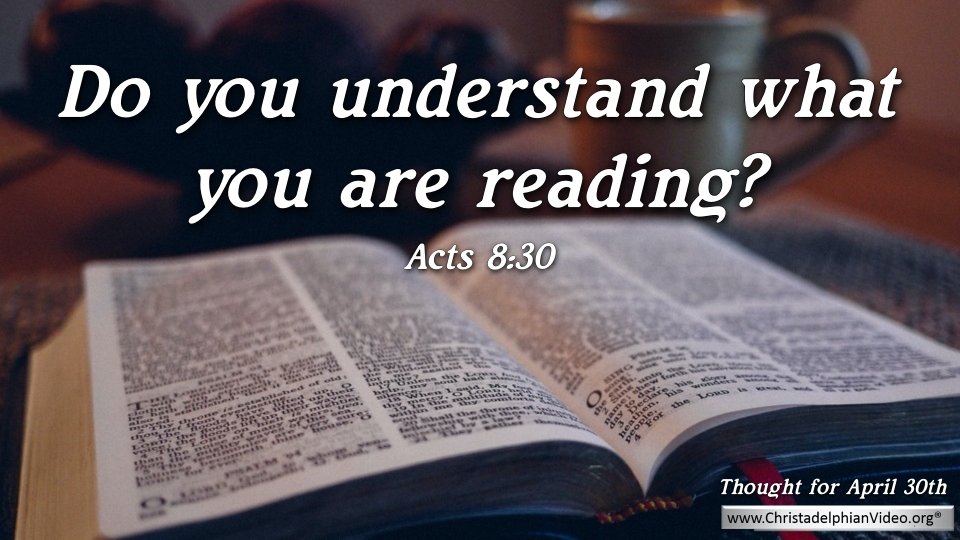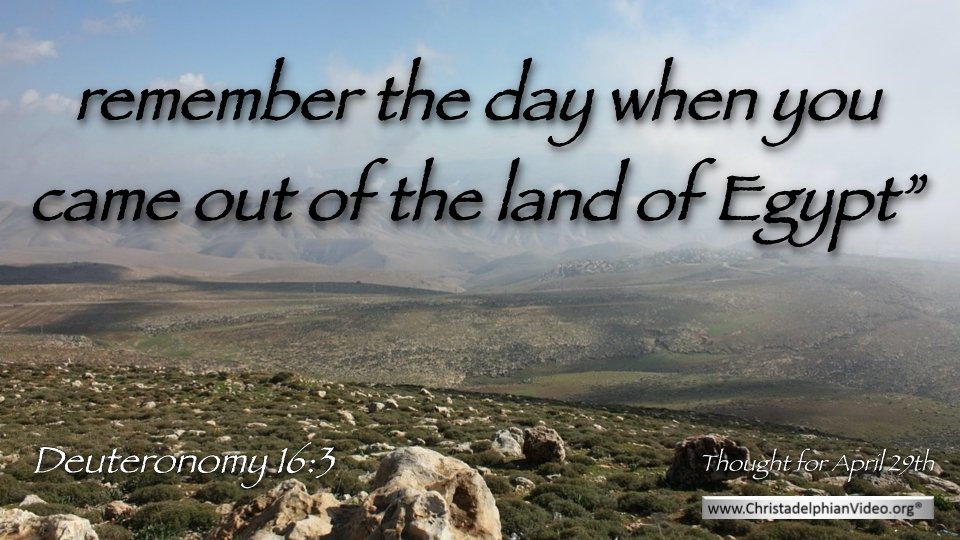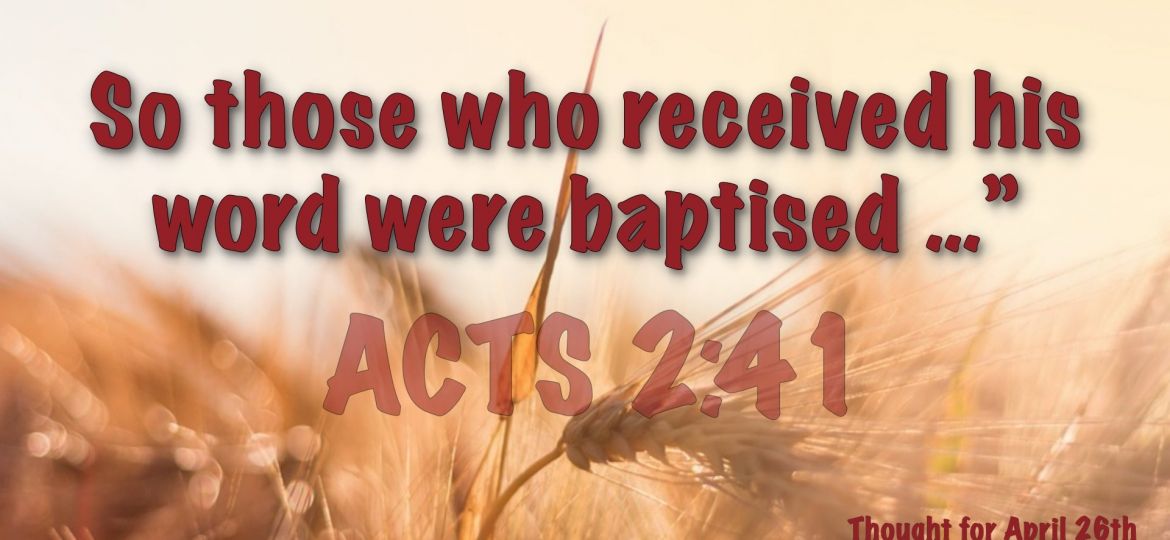Our readings in Acts ch. 13 has many lessons about the actions of God and the reactions of men as the message of Jesus was spread. Paul and Barnabas came to Antioch in Pisidia (southern Turkey) and went into the synagogue and were invited to speak (v.15). Paul started by giving them a history lesson of God’s actions in bringing Israel through the wilderness and establishing them in the promised land, giving them kings, in particular David. Then his message jumps forward to John the Baptist. We must not underestimate the impact and spread of John’s preaching because later, at Ephesus, Paul is to find those who only know John’s baptism (19 v.3) – and Ephesus is a long way from the Jordan!
Paul’s mention of John is a springboard for him to talk about Jesus and his message. He points out that those who lived in Jerusalem “did not recognise him nor understand the utterances of the prophets which are read every Sabbath day,” and they “fulfilled them by condemning him” [v.27].
Paul knew that the same misunderstanding was going to happen in Antioch as they became jealous of the non-Jews when they accepted the message that “everyone who believes (in Jesus) is freed from everything from which you could not be freed by the Law of Moses.” [v.38,39]. Then comes the punch line! “Beware therefore, lest what is said in the prophets should come about.” [v.40]
It came about in the punishment that came on Jerusalem! And the same can be said today! Punishment is coming! Paul quoted the words God inspired the prophet Habakkuk to write, “Look you scoffers, be astounded and perish; for I am doing a work in your days, a work you will not believe, even if one tells it to you.’” [v.41, Hab. 1 v.5]
Today we have scoffers who deride the Bible, apparently learned men who scoff at the very thought that there is a God. One day, maybe soon, they will “be astounded and perish.” Then God’s laws will come into action, no longer will the permissive laws of man corrupt mankind. Let us prepare for that time by understanding the utterances of the prophets, including Jesus and Paul – and taking them to heart, and showing that we have done so, by our words and actions.
[embedyt] https://www.youtube.com/watch?v=3TJAWGBpah8[/embedyt]










